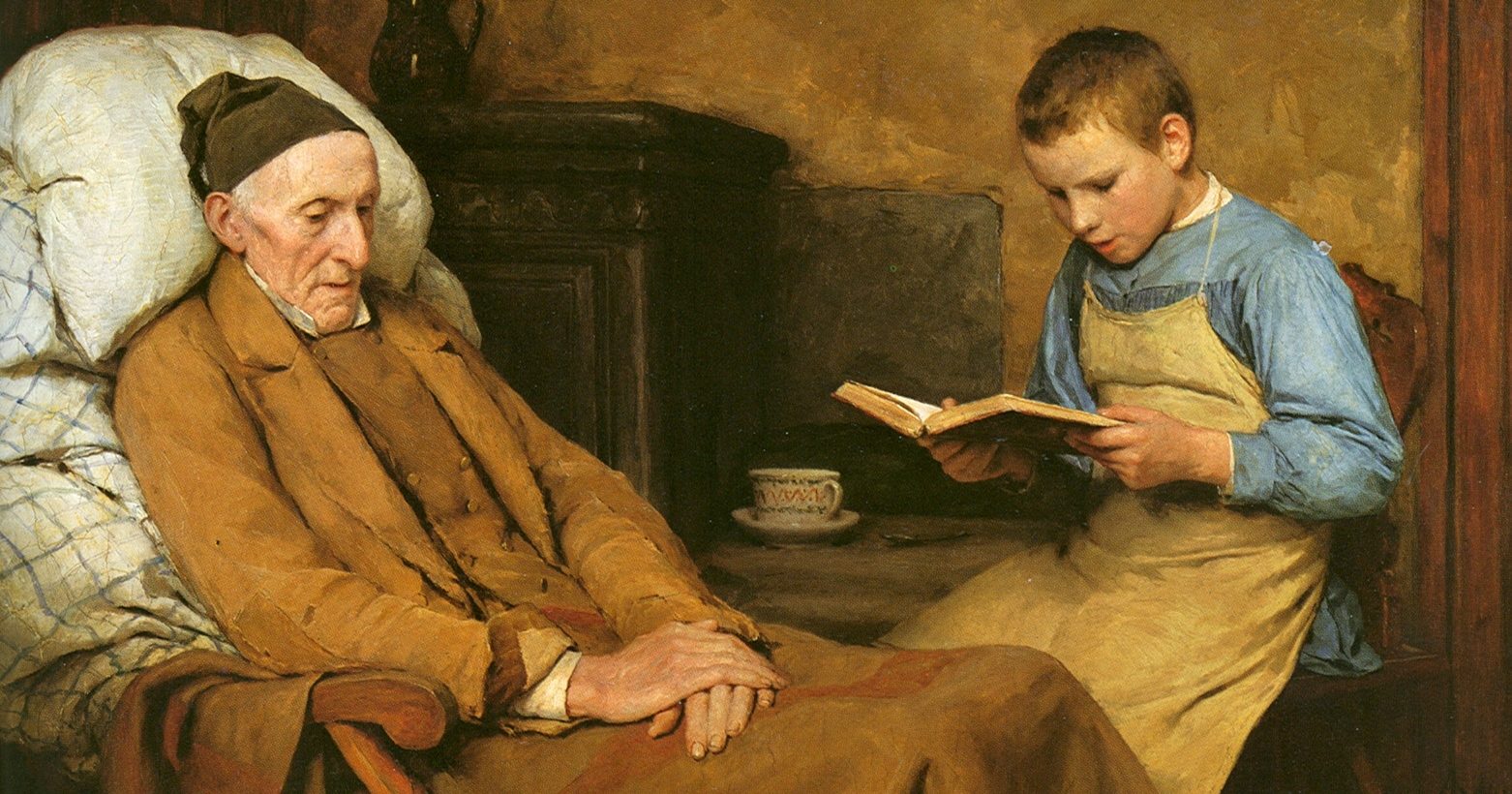Leiden, The Netherlands, 25 September 2018 – Every doctor will face terminally ill patients. How can dying be properly addressed and discussed in medical practice? What does good care entail in the final phase of life? Researchers at Leyden Academy on Vitality and Ageing reviewed to what extent end-of-life care (ELC) is represented in the Dutch medical curricula. The education offered is very diverse and the subject remains underrepresented, the researchers conclude in an article published on 5 September in academic journal Perspectives on Medical Education.
Research method
Future doctors need to be trained in providing appropriate care to terminal patients. In many countries, medical curricula have been reviewed for the attention devoted to ELC. In the Netherlands, no formal review had been performed. The researchers first designed a checklist based on international standards consisting of five domains of ELC education that are considered essential, such as communication skills, juridical and ethical aspects, and self-reflection on experiences with death and loss. The checklist was used to review the Dutch Framework for Undergraduate Medical Education, which serves as a blueprint for medical education in the Netherlands. Secondly, the bachelor and master curricula and elective courses of the 8 Dutch medical faculties were studied. Is ELC being addressed, and if so how, in what educational form is it taught?
Room for improvement
The researchers conclude that there is much room for improvement. The Framework for Undergraduate Medical Education includes four of the five domains of ELC and describes the ELC-domains only superficially. None of the eight medical faculties taught all domains specifically on ELC; they were taught within other courses. Only one faculty offered an elective course that includes all essential aspects of the international standards.
ELC easily overlooked
The researchers believe that ELC is not left out of the medical curricula intentionally. Joris Slaets, Professor of Geriatric Medicine and one of the authors, explains: “Everybody agrees immediately that this is an important topic. Perhaps we all assume that end-of-life care is addressed somewhat in all courses in medical education. But this turns out not to be the case. Also, many medical specialties compete to be included in the national framework and curricula. End-of-life care is easily overlooked, since there are no real advocates pleading for its case.”
Confrontation with death
We need to better prepare young doctors for the medical practice where they will soon be confronted with death, the researchers argue. Joris Slaets: “When curative treatments are no longer effective, other skills are required of the physician: being able to have good conversations with dying patients and their families, attention to spiritual and psychosocial aspects, self-reflection. Skills that make you a better doctor, in any case. In Dutch society and politics, there is growing attention for quality of life at the end of life. It is about time that end-of-life care is adequately addressed in medical education.”
Make ELC a compulsory subject
The current Framework for Undergraduate Medical Education was introduced in 2009 and will be replaced next year. The researchers see this as a unique opportunity to firmly embed ELC in the Dutch blueprint for medical education. The medical faculties themselves can also make improvements, says Joris Slaets: “They can learn a lot from each other. Make end-of-life care a compulsory subject, address it in working groups. Providing care for a dying patient is ultimately one of the basic facets of being a doctor, regardless of which specialization you choose. Helping a person die in comfort and with dignity is truly a humbling and gratifying experience.”
The article ‘End-of-life care in the Dutch medical curricula’ by Josefien de Bruin, Mary-Joanne Verhoef, Joris P.J. Slaets and David van Bodegom was published in scientific journal Perspectives on Medical Education on 5 September 2018: https://link.springer.com/article/10.1007/s40037-018-0447-4
For more information, please contact Niels Bartels (communications manager) by phone +31 (0)71 524 0960 or by email.



